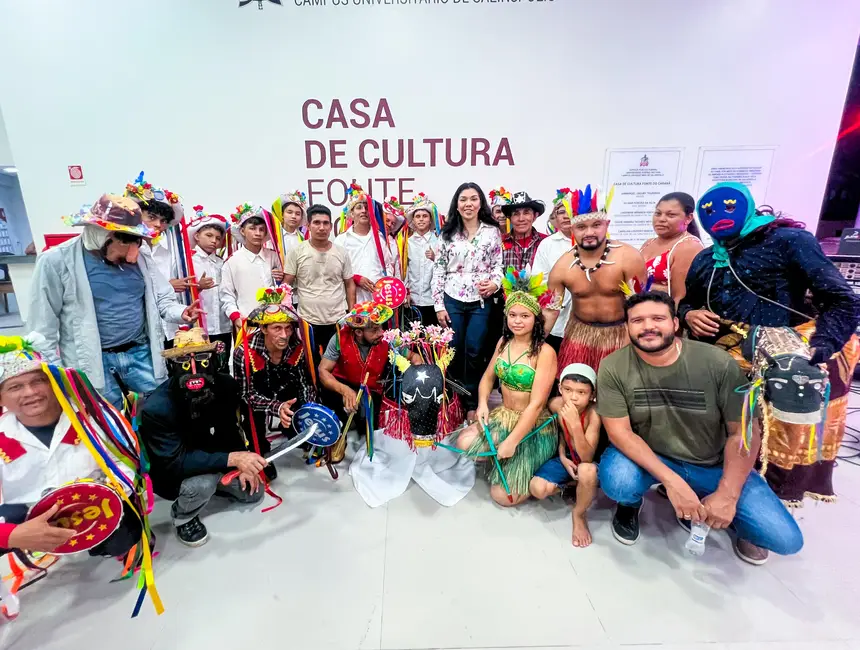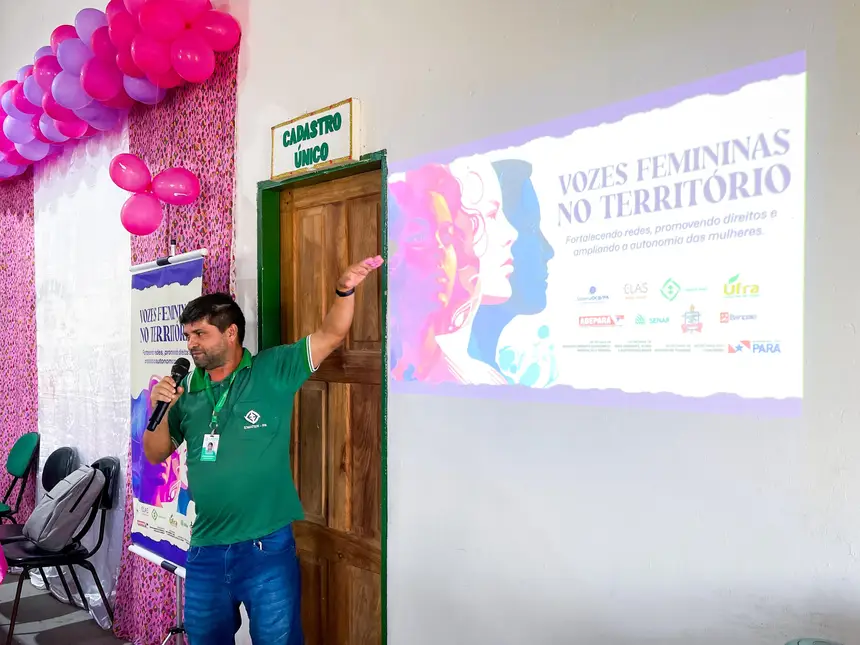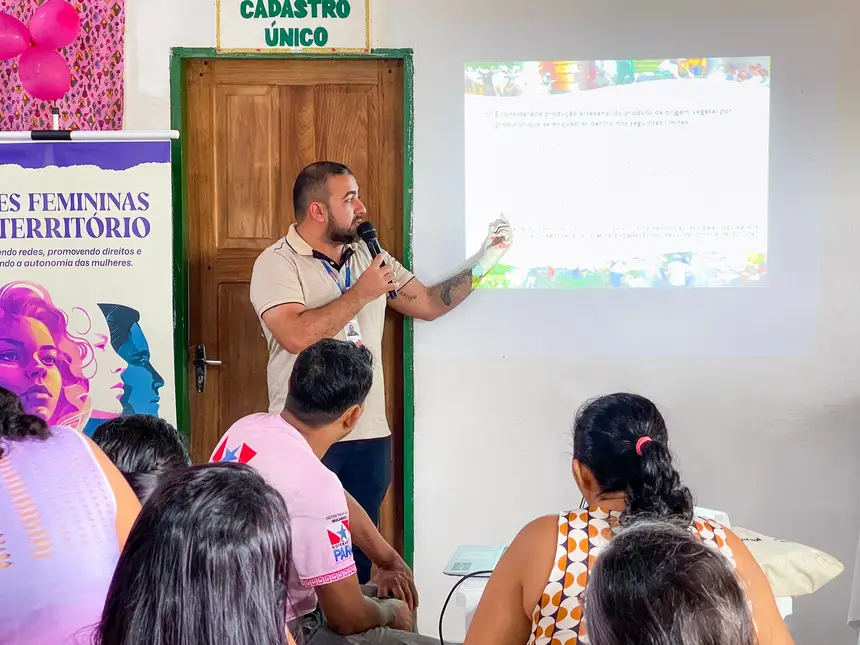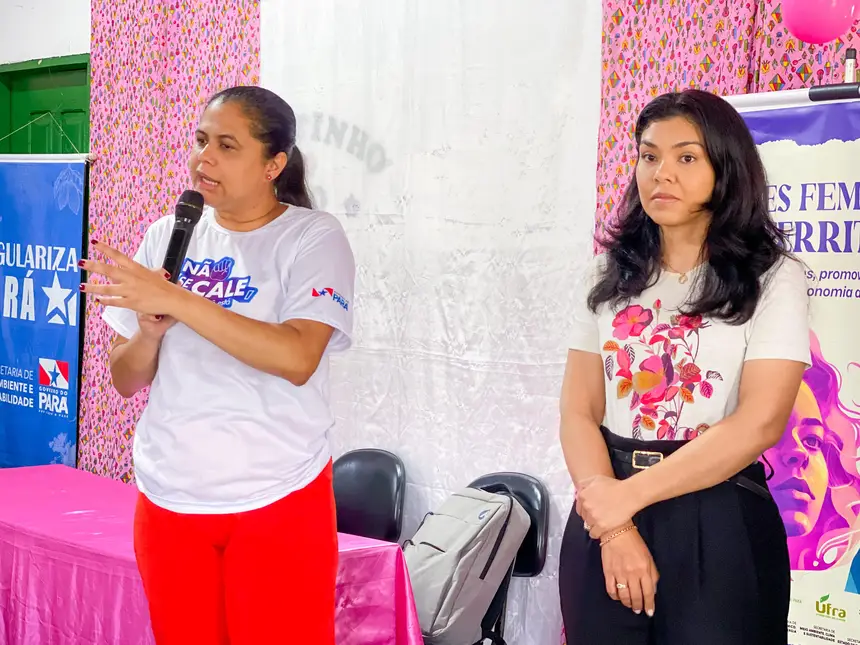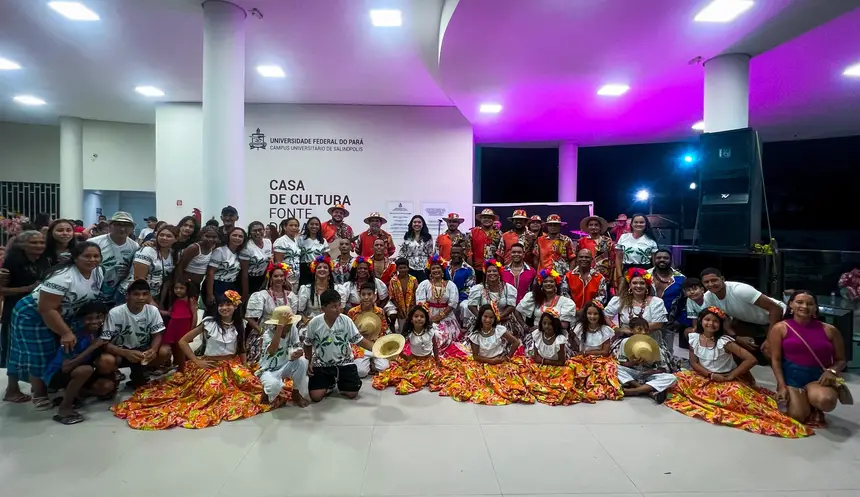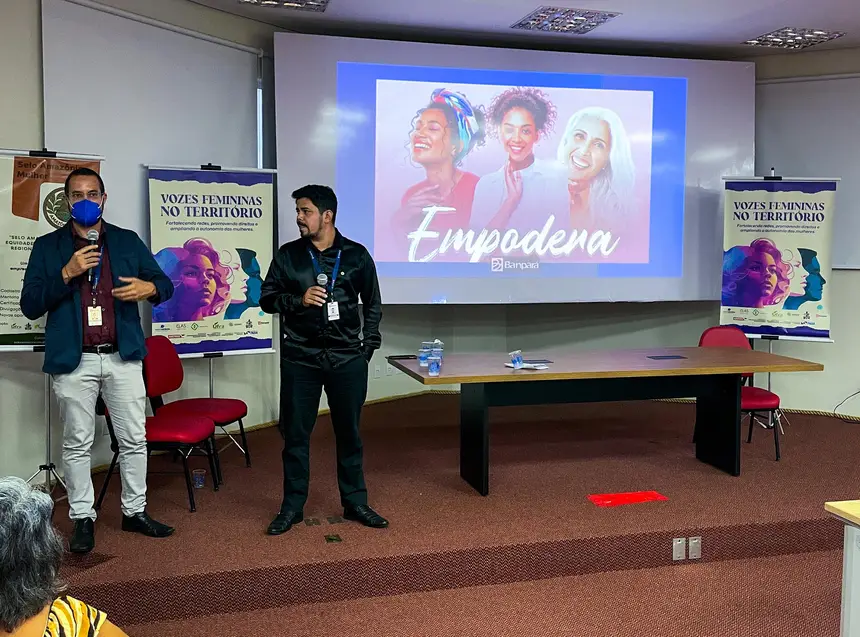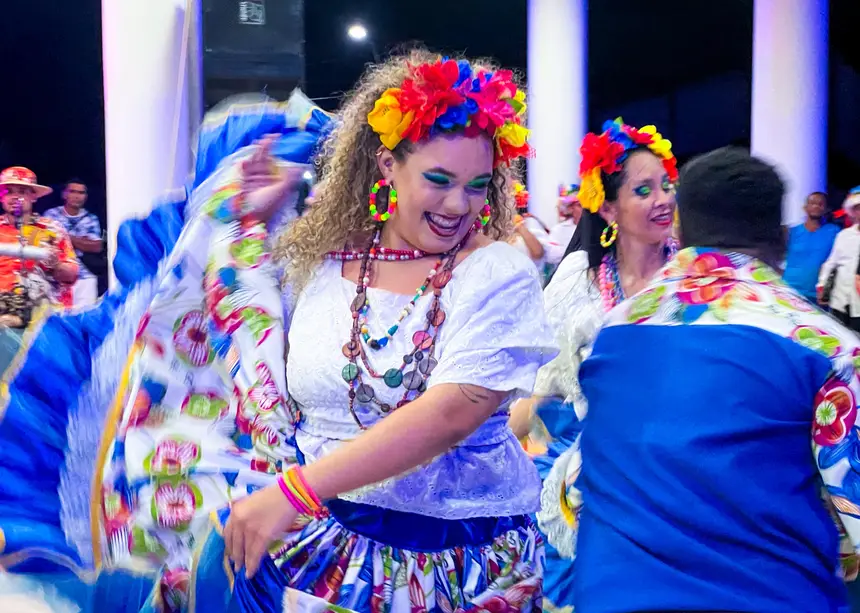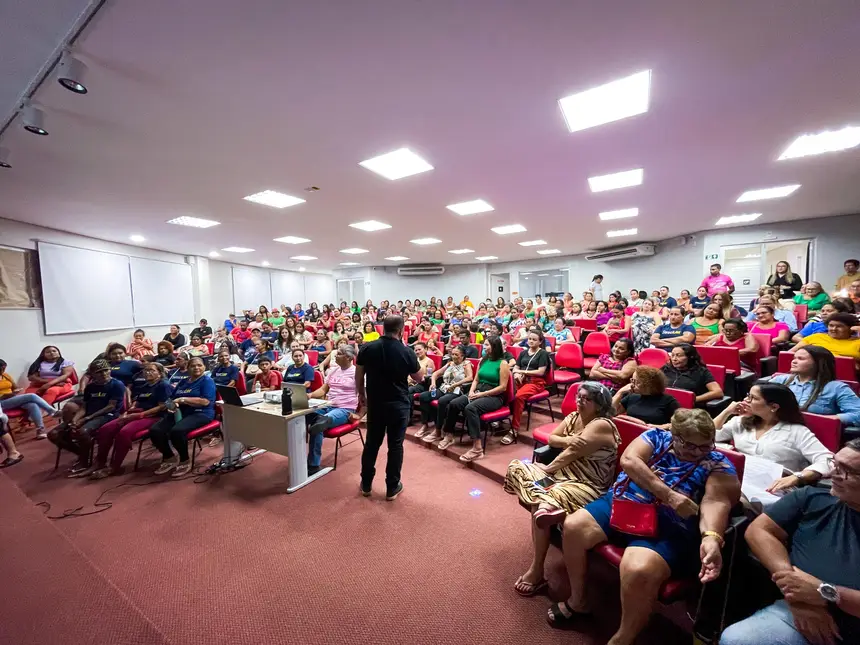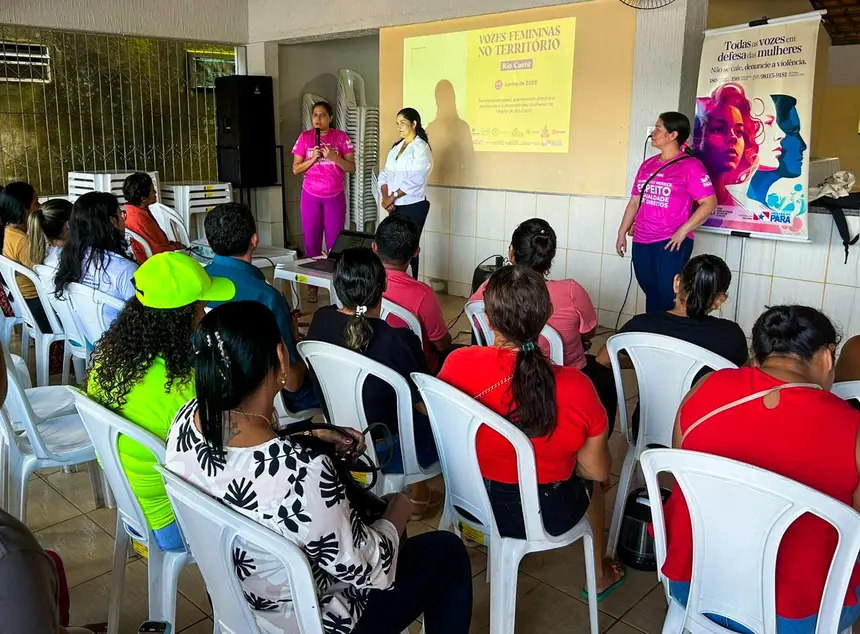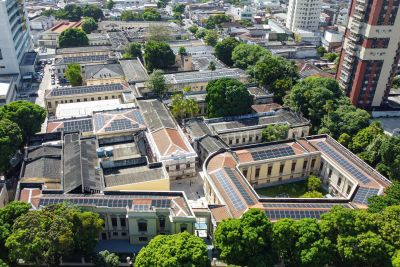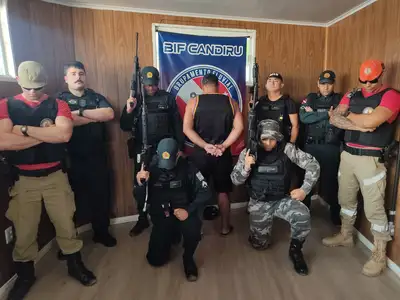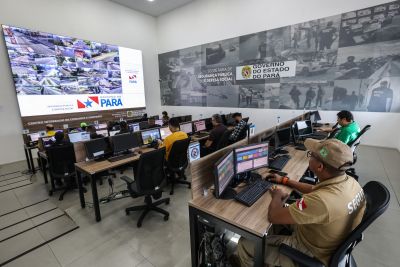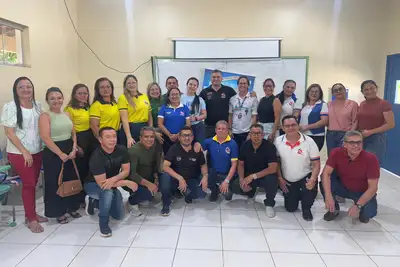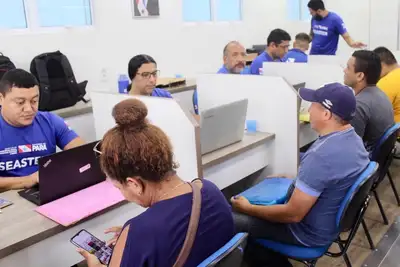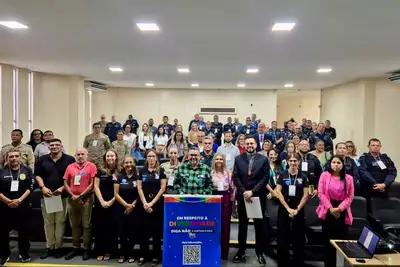State Secretariat for Women (Semu) carries out PPA actions with 'Women’s Voices'
Discussions in the territories value the strategic role of women in the economy of sociodiversity and in confronting gender inequalities
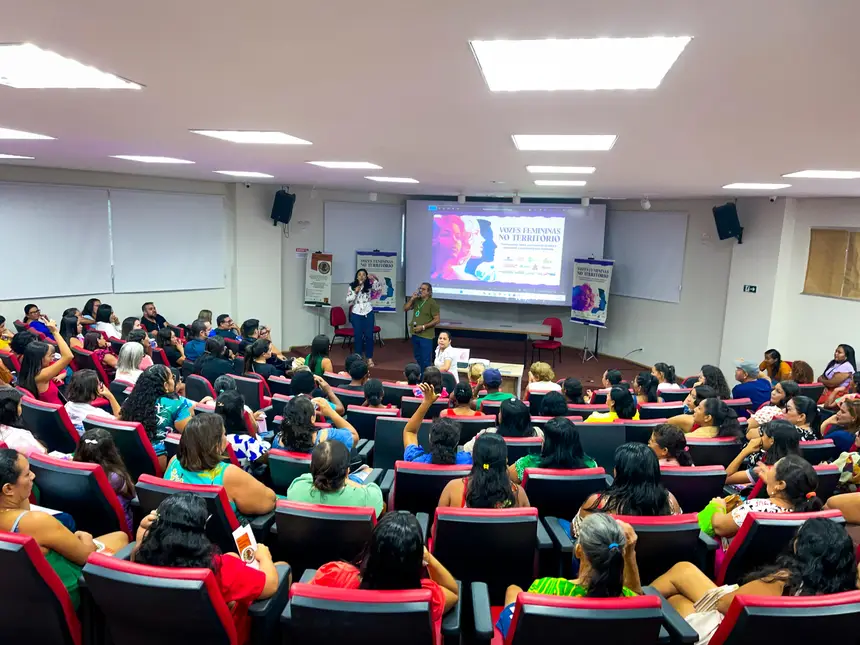
The State Secretariat for Women (SEMU) began this month the execution of the Multiannual Plan (PPA) in the municipalities of the Caeté region, through the project "Women’s Voices in the Territory." The initiative includes actions in the municipalities of Nova Timboteua, Peixe-Boi, Primavera, Salinópolis, and Santarém Novo, aiming to mobilize entrepreneurial women, producers, managers, workers, and local collectives, promoting spaces for qualified listening, training, and network support articulation.
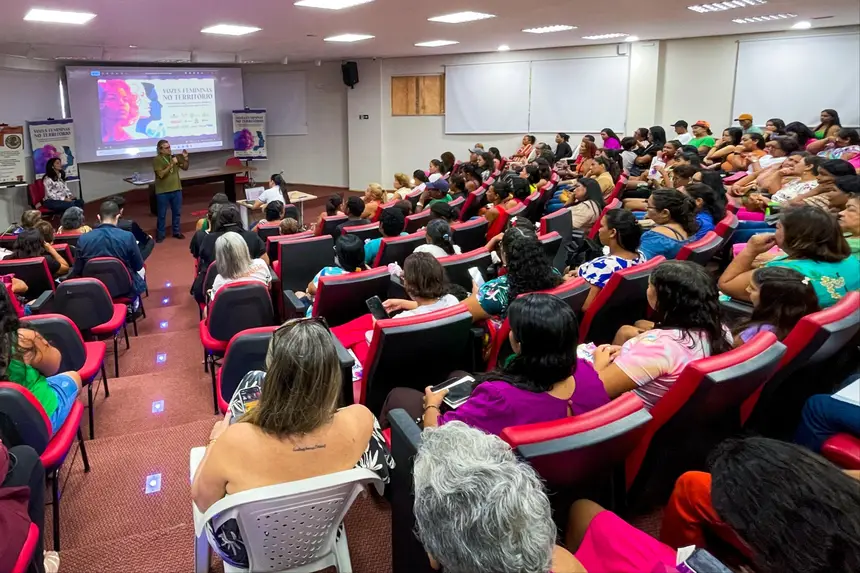
For Semu, discussions in the territories value the strategic role of women in the economy of sociodiversity and in confronting gender inequalities, especially in the context of climate change. These themes are directly aligned with the agenda of COP 30, which will be hosted in Pará in November 2025.
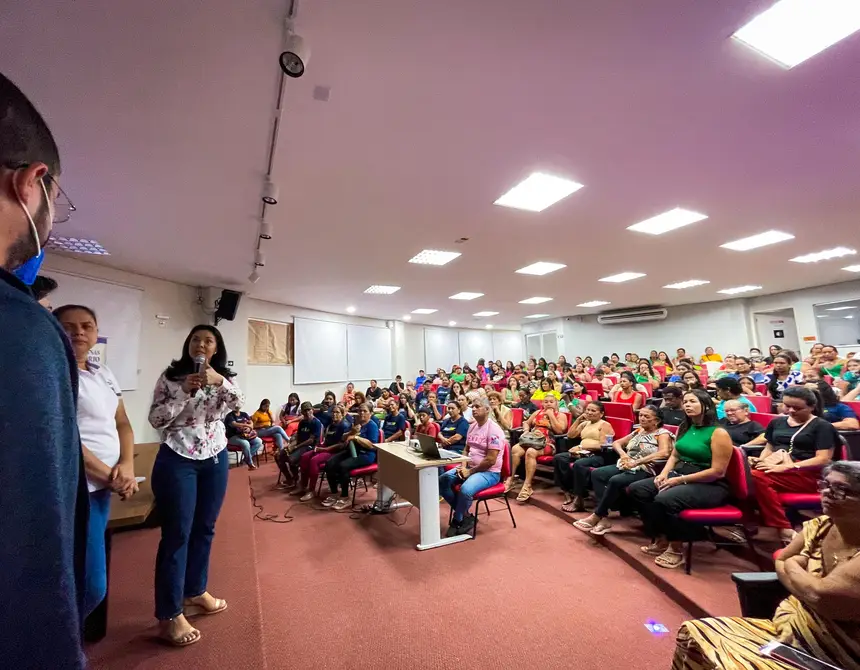
"I believe that listening to women in their territories, strengthening them, and building bridges with municipal administrations is essential for us to develop public policies that dialogue with the reality of each place we pass through. Each territory has its specificities, and it is with this attentive and committed gaze that we continue to advance," said the State Secretary for Women, Paula Gomes.
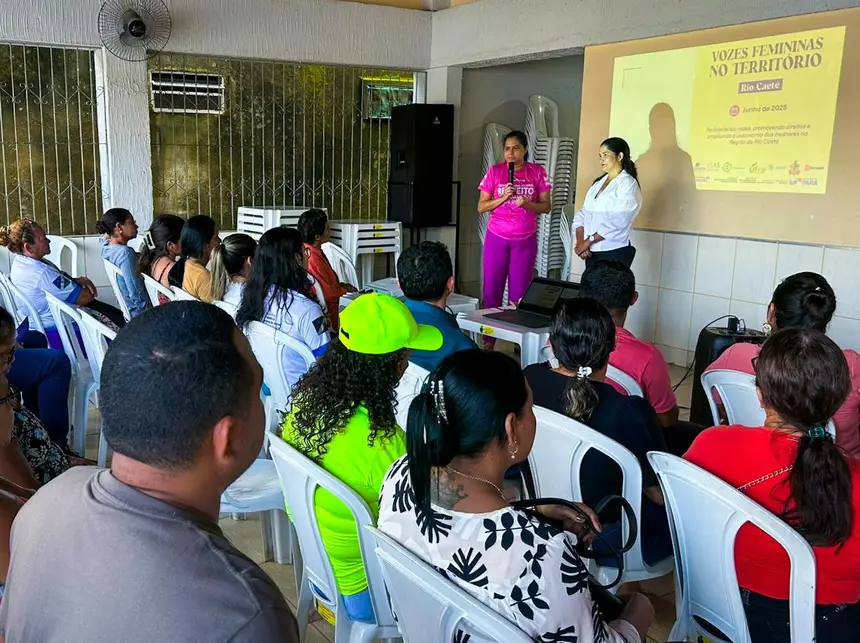
Next Steps
The next steps of the Women’s Voices in the Territory project will proceed to 64 prioritized municipalities in the State's Multiannual Plan, expanding active listening, strengthening local collectives, and consolidating the presence of women as protagonists in the construction of public policies that transform realities.
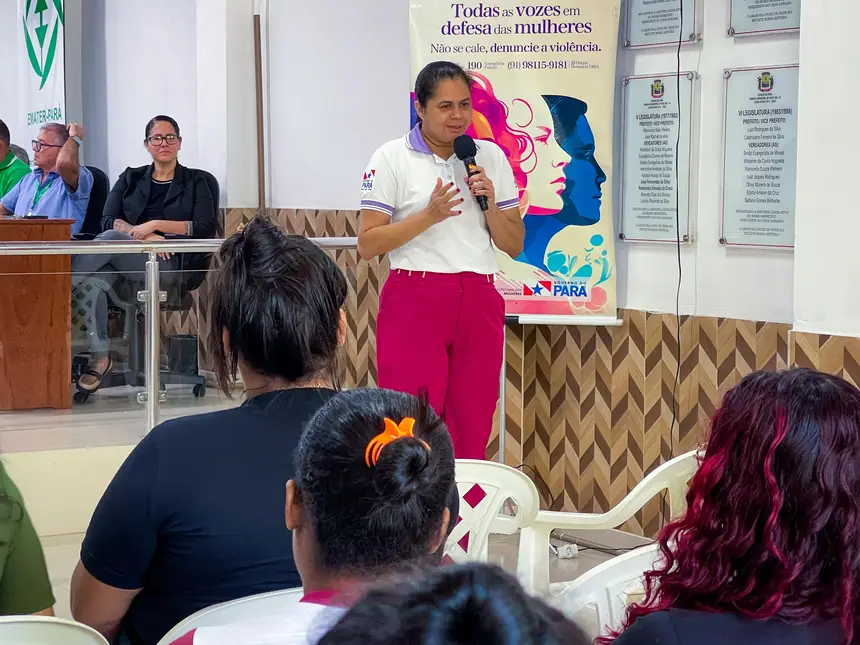
The actions began on the 9th of this month in Nova Timboteua, with the conversation circle "Circle of Knowledge: Opportunities for Entrepreneurial Women." Representatives from Emater, Adepará, Sedeme, and Semas participated, and there were guidelines on cooperativism, associativism, microcredit, CAF, and CAR, in addition to technical support for food production.
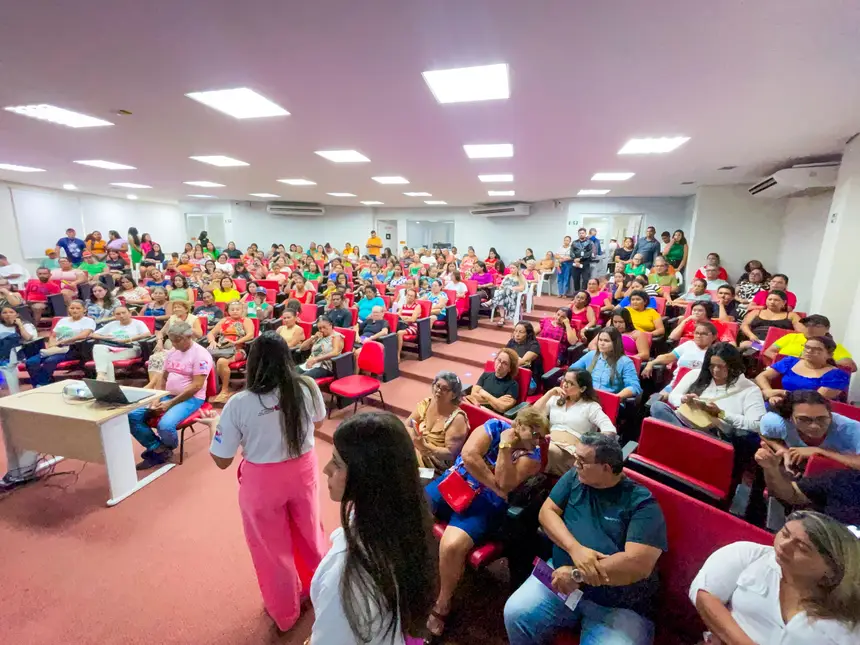
In the afternoon, still on the 9th, a meeting was held with the municipal administration to discuss the establishment of a policy body for women. The following day, on the 10th, the action moved to Peixe-Boi, taking place at the City Hall, with activities that included the Circle of Knowledge, socioeconomic assistance, and a meeting with the municipal administration about the implementation of policies aimed at women.

Initiatives strengthen institutional support network
Also, on the 10th, the action was taken by Semu and partners to Primavera, with the Circle of Knowledge and integrated support from the economic autonomy support network. The Secretary for Women, through the Coordination for Combating Violence and Promoting Women’s Rights, met with the Secretary of Social Assistance, Tayana Raiol, and the Deputy, Regiane Gomes Monteiro, as well as with guardianship councilors and representatives of the women’s movement from urban and rural areas.
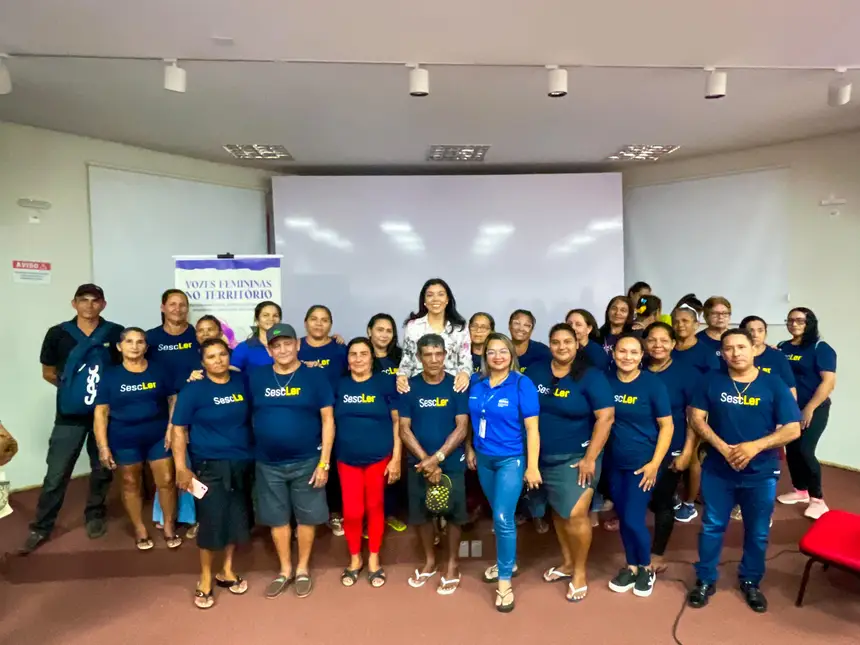
In Salinópolis, the action took place on June 11 at the Casa da Cultura/UFPA, gathering representatives from local cooperatives and from São João de Pirabas. The program included dialogue circles, training workshops, and technical guidance, in addition to the assistance provided by the Support Network. The event reinforced the commitment to strengthening women-led enterprises and valuing the local economy led by women from the Amazon region.
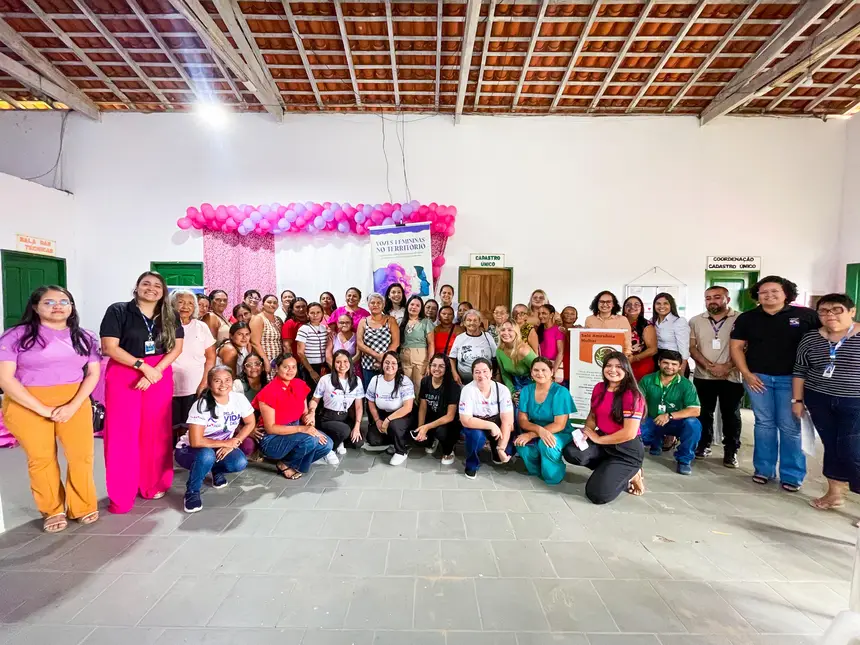
The program concluded on the 12th in the municipality of Santarém Novo, with the realization of the Circle of Knowledge and the assistance of the partner network. Semu counted on the support of the municipal administration and women organized in local cooperatives, reinforcing the commitment to the interiorization of public policies and the expansion of the protection network and opportunities for Amazonian women.
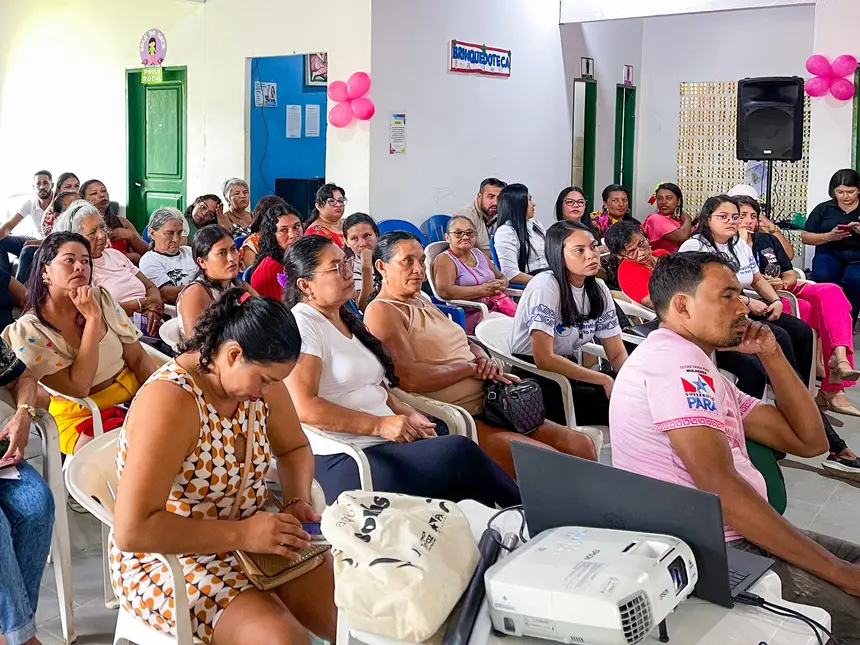
The integrated actions and strategic agenda in all municipalities, with the support of partner agencies — Emater, Adepará, Sedeme, Semas, and Banpará — presented services and programs aimed at promoting the economic autonomy of women, such as the Family Agriculture Registration (CAF), technical and sanitary support for food production, guidelines on cooperativism and associativism, and the Rural Environmental Registration (CAR).
Text by Gabryella Pompeu / Ascom Semu


